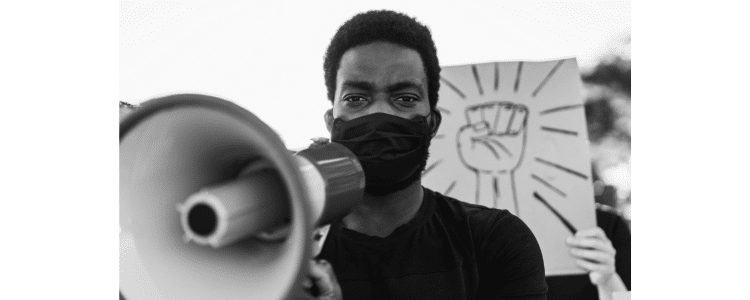By Kate Archer
Unigo Campus Rep at Colgate University
Colgate University has not traditionally been the most politically charged campus. The very qualities that draw many students to Colgate – our small population, close-knit community, and relatively isolated small-town setting – can also facilitate what is known as the “Colgate Bubble,” a tendency of students to forget, especially in the middle of winter, that there is a world outside of Hamilton, New York. However, the 2008 Presidential Election has injected new life into Colgate’s political scene, and students are getting involved in a variety of diverse and exciting ways. While students might not agree on which candidate they’d like to see sworn in next January, there is one point on which they see eye-to-eye: here at Colgate, being informed is now the norm.
There is no shortage of ways to contribute to Colgate’s political scene, and students can find their niche based on their preferred level of involvement. To start, Colgate has a number of student-run political organizations, including College Republicans, College Democrats, Colgate Students for Obama, and Democracy Matters. These groups are open to everyone on campus and play a large role in organizing the diverse events that galvanize students and increase awareness, such as the campus-wide effort this fall to get every eligible Colgate student registered to vote. Other events include brown bag discussion lunches, lectures, and debates featuring both students and professors. A presidential debate party held in Colgate’s on-campus pub attracted hundreds of students, excited to watch and discuss history in the making.
The Colgate Students for Obama group has been particularly active both on campus and across the nation, organizing phone banks and traveling to swing states to speak directly with voters and raise awareness. Baracktoberfest, one of the group’s most recent events, artfully combined a political cause with Colgate students’ love for a night on the town.
Even with so many organized opportunities for students to voice their opinions, much of the political dialogue at Colgate takes place on a more casual scale, amongst friends, over dinner or between classes. The moments that I have most enjoyed have been those spent watching the debates and conventions with friends who hail from different backgrounds and regions of the country. Every individual brings a different perspective to the table based on past experience and personal values, and an impromptu discussion between friends can sometimes be more eye-opening than any visiting speaker or structured lecture series.
The fact that so much discussion takes place on a personal level is by no means a negative. However, it can make it more difficult to gauge the direction in which the student body is generally leaning. Junior Andrew Spano, the President of Colgate College Republicans, orients Colgate’s political opinion left of center, as it is on almost all college campuses across the nation. Christopher Nulty, President of the Senior Class and an active member of the Colgate College Democrats, thoughtfully articulated his view of the Colgate’s political scene.
“Undoubtedly, if you walked around Colgate you might come away thinking the campus leans to the left. My sense is that the voice of the left is louder on campus; however, if you were to poll students you might find a much more even split. Everywhere you go, you will find people of every political persuasion.”
Although the Colgate student body is comprised of diverse individuals with different hopes for the future, students do share some common ground. Every presidential election is shaped by the pivotal issues of its time, and the 2008 election is no different; there is a lot to consider this time around, in terms of challenges both at home and abroad. Colgate students from all along the political spectrum overwhelmingly designated foreign policy, environmental sustainability and the economy as the issues that they will most take into account when voting in November.
At first glance, the Colgate’s political scene might seem relatively quiet, but there is a lot going on behind the scenes. Colgate students are interested, informed and eager to discuss, and the pivotal nature of the 2008 election has inspired the student body to get involved on a greater local and national scale. This new energy has also brought groups like Amnesty International, Students for Social Justice and Students for Environmental Awareness together with political organizations to highlight the issues that matter the most for their individual missions. It is a very exciting time to be a student at Colgate University, and each day closer to the election brings increased debate, dialogue, and exchange of ideas between students from all walks of life.
